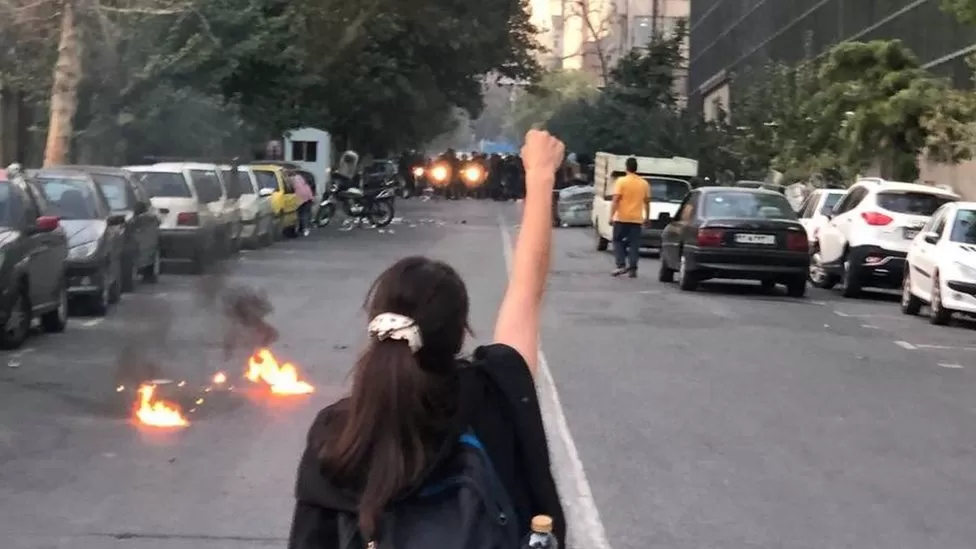The internet is a space in which nearly all members of the global community coexist. Users from all corners of the world are freely moving along the network of people, conversing with each other in ways and a scale never deemed possible even decades ago.
So it’s no wonder that members of the same culture when they connect with each other, are able to instantly create a sort of union with each other in the midst of the mass variety of different individuals. And especially for people living in a diverse environment, particularly if they’re of a minority race or ethnicity, studies have shown that ethnic identity and self-esteem can create a barrier against online racism that diminishes any resulting emotional damage. People online are constantly associating themselves with their racial/ethnic identity to overcome discrimination, feel included, and essentially accept and take pride in their cultural backgrounds.
Ethnic identity has taken the form of tweets, comments, captions, and memes, all rooted in the idea of being “relatable” to those of the race or ethnicity being addressed. The Facebook group, Subtle Asian Traits, created in 2018, has amassed 1.7 million members, all there for the humorous posts uploaded at an average of one thousand a day. In the way meme culture has always been, the content these accounts post are meant to amuse viewers with witty jokes and references about situations they can relate to that specifically apply to a certain ethnic identity. It’s the perfect system to connect racial and ethnic communities, and it’s all in good spirit.
https://www.facebook.com/subtleasiantraitsandco/photos/a.1229029720571619/1530746820399906/?type=3&theater
But the underlying negative implications are to be called out for. Most of us should have realized, by now, the injustice involved in generalizing a population-based on stereotypes, and this is exactly the effect that social media and meme culture may potentially be upbringing. A sort of indirect discrimination within ethnic groups has taken shape online, and this isn’t to say that it hasn’t existed in the non-virtual world as well. But the exemplification of the ethnic identity by the large communicating space provided by the internet could have brought exclusion along with the positivity.
What of the individuality of people? What if they don’t– or can’t– associate themselves with the schema of a specific group, even when they, by blood, are of the same ethnicity? In an era where boba tea and rice are proudly representative of Asian culture (even the notion that Asians are pressured to get good grades has become a humorous symbol to a certain extent rather than an offensive stereotype), and Bar Mitzvah memes get Jews cracking up about their shared childhood, it gets increasingly easier to deviate from the standards created and emphasized by the online community. A Latinx teenager may question herself when she fails to laugh at a Youtube video parody of a popular telenovela. What do Twitter, Instagram, Facebook, and TikTok have in store for people like her who find trouble associating themselves with what the internet tells them should be their own culture?
Occasionally, this adversity goes to a greater extent. It’s one thing to unintentionally exclude people, but it’s another to cast away others based on their differing values and backgrounds(remember the comments on Lana Condor’s role in To All the Boys I’ve Loved Before?), and it’s yet another to undermine the actions of individuals by grouping them into a category to make fun of and denounce.
Take, for example, the term, “VSCO girl.” Once an innocent trend popularized among young teenagers, it suddenly became a negative insult associated with adolescent white culture, and the online community took pleasure in slapping this name on anyone sharing a single trait correlating with it.
https://twitter.com/LexiNajera/status/1169103991420178432?s=20
Social media and the internet deserve their praise for bringing people and ideas together, serving as space where even minorities can find their community and share experiences, ultimately contributing to positive self-esteem. But this platform is equally likely to nurture negative influences on the very aspect of adolescent identity in a diverse era that it has proven to benefit. It’s hard to admit, but many of us are guilty of participating in or laughing at one or more of any content that’s satirical of stereotypes, and it’s important to recognize our faults.
It is not an atrocity for a Hispanic teenager to not find comfort in tamales and pozole.
Black girls that appreciate Starbucks are not classified as “basic white girls.”
No Caucasian is ever “not white enough,” nor is any Asian “not Asian enough.”
It doesn’t mean we should stop enjoying “relatable” humor according to our ethnic backgrounds. It’s just that on a platform vulnerable to exclusion and negativity, we should fully understand ethnic/racial identity, the reality that it isn’t definite or wholly defining of anyone’s individuality, and the injustice of degrading it in others. The situation isn’t all that bad, and new ways for people to identify themselves with are taking form as well, like the term, “Wasians”(White and Asian). To continue to inclusively make use of our cyberspace, let us celebrate identity in a way that appreciates all. Anyone can sit with us.
Photo: mentatdgt via Pexels



